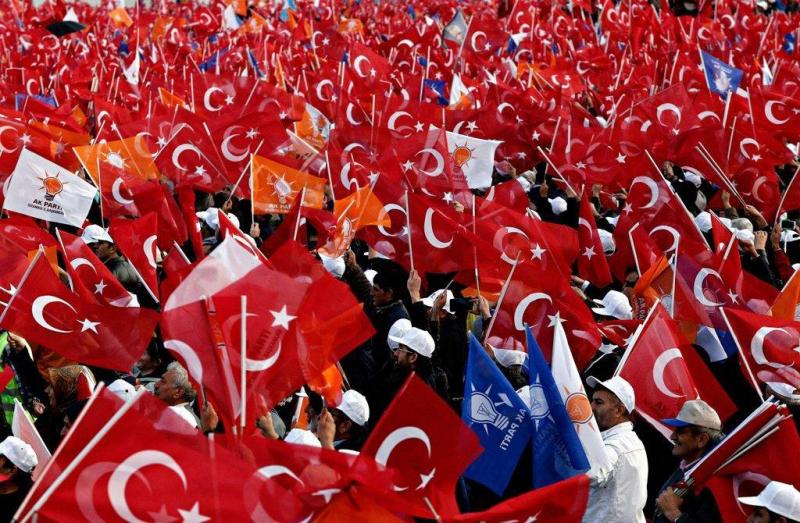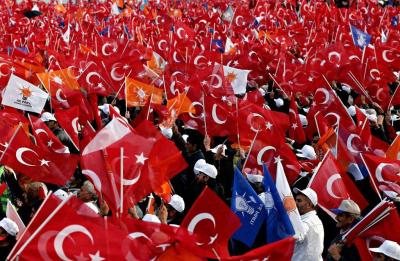Turkish President Recep Tayyip Erdoğan faces his toughest political challenge yet in today's election, as the opposition believes that their best chance to end his two-decade rule and change his policies has arrived. Erdoğan's main competitor is Kemal Kılıçdaroğlu, the leader of the secular Republican People's Party, who is supported by a coalition of opposition parties.
What is at stake for Turkey? Erdoğan is the most powerful president since Mustafa Kemal Atatürk founded modern Turkey a century ago. He and his Justice and Development Party have moved the country away from Atatürk's secular approach, concentrating power around an executive presidency that shapes policies regarding the country's economic, security, and domestic & international affairs.
Critics argue that "his government has silenced opposition voices, undermined rights, and brought the judiciary under its influence," an accusation that officials deny, stating that they have provided protection to citizens against security threats, including a coup attempt in 2016.
According to economic experts, Erdoğan's calls for lower interest rates have led to inflation rising to its highest level in 24 years, and the lira has depreciated to a third of its value against the dollar over the past decade.
Turkey has experienced a series of diplomatic confrontations with regional powers, including Saudi Arabia, Egypt, the UAE, and Israel, alongside disputes with Greece and Cyprus over maritime boundaries in the Eastern Mediterranean, before shifting its stance two years ago to seek rapprochement with some of its opponents.
Nevertheless, Turkey mediated an agreement allowing the export of Ukrainian wheat across the Black Sea, indicating Erdoğan's role in efforts to end the war in Ukraine. It remains unclear whether there is a potential successor who could match the international image Erdoğan has created for himself, a point that is likely to be emphasized in the election campaign.




